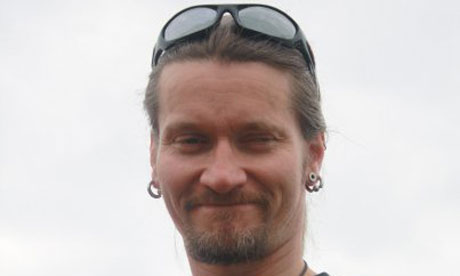
News that the trial against climate change activists has collapsed because an undercover cop working with them for seven years decided to switch sides and give evidence in their favour has prompted widespread reactions - of glee, surprise and outrage.
It's being questioned whether he was more than an informer but an agent provocateur - he arranged meetings, provided cash, climbed fences and much more.
Such undercover work is nothing new, but the turning of an undercover operator is relatively uncommon.
Ever since Lord Monteagle was planted by Elizabeth I's Secretary of State Robert Cecil amongst the Gunpowder Plotters and helped them obtain the gunpowder they needed, not to mention the cellar under the Houses of Parliament when Cecil felt their tunnelling waas taking too long, the State has used this type of agent.
When I was part of a co-op producing a grassroots newspaper called Monochrome in Brixton during the '80s, an MI5 informant used to come to the open co-op meetings.
He stood out a mile, though, unlike PC Kennedy. He was older, dressed conservatively and shabbily, and his "street level" language was laughably out-of-date. We used to make fun of him.
He claimed to be a sympathetic lawyer offering legal advice, and also attended meetings at the anarchist centre at 121 Railton Road, Brixton.
He was exposed by the then Time Out / City Limits journalist Duncan Campbell and disappeared. He seemed a lonely, isolated chap.
We had our own undercover agent who infiltrated far right groups, such as National Front football supporters, to get stories for our paper. His technique was to say little, appear pliant, agree with everythng, and use personal contacts to gain trust.
A few years later the protest group London Greenpeace (nothing to do with the larger Greenpeace) imploded when it was found that there were more agents (seven) within the group than members! Several were private investigators employed by McDonalds, who were the target of their actions.
Each did not know the identity of the others, another innovation of Robert Cecil's to keep check on his own agents to ensure they could be trusted, one well used later by Stalin.
The subsequent McLibel trial established the argument that "those who employ agents are responsible or liable for any action they take within the scope of their employment".
Are we now to suppose then that the Metropolitan Police will prosecute itself for the offences committed by Mark Kennedy, aka Mark Stone, and his as yet unnamed female accomplice?
No comments:
Post a Comment